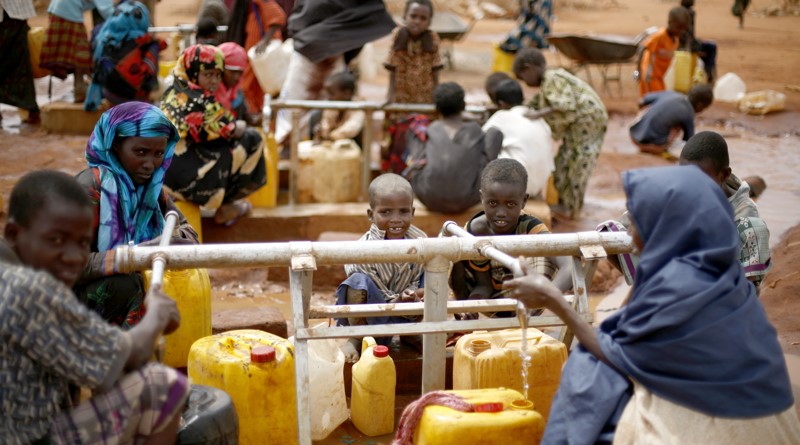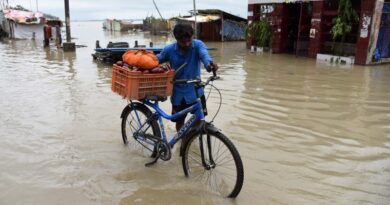Climate change to affect education outcomes in future, warns report

Climate change is increasing the frequency and intensity of extreme weather events. Such events will continue to have detrimental impacts on education outcomes across the world unless education remains overlooked in the climate policy agendas of the governments, a new World Bank paper has warned.
Education can be the key to ending poverty in a livable planet, but governments must act now to protect it. Climate change is increasing the frequency and intensity of extreme weather events such as cyclones, floods, droughts, heatwaves and wildfires. These extreme weather events are in turn disrupting schooling; precipitating learning losses, dropouts, and long-term impacts.
Even if the most drastic climate mitigation strategies were implemented, extreme weather events will continue to have detrimental impacts on education outcomes, the paper said.
Education made up less than 1.3 per cent of climate-related official development assistance in 2020 and mentioned in less than one in three Nationally Determined Contribution plans.
The paper said there are four concrete ways in which governments can protect education systems from climate change so that their positive impacts on economic development, poverty alleviation, and social cohesion can be sustained and boosted.
These are: (i) education management for resilience; (ii) school infrastructure for resilience; (iii) ensuring learning continuity in the face of climate shocks; and (iv) leveraging students and teachers as change agents.
Climate change is causing massive school closures. A 10-year-old in 2024 will experience twice as many wildfires and tropical cyclones, three times more river floods, four times more crop failures, and five times more droughts over her lifetime in a 3°C global warming pathway than a 10-year-old in 1970.
Over the past 20 years, schools were closed in around 75 per cent or more of the extreme weather events that impacted 5 million people or more. These closures were often prolonged due to infrastructure vulnerability and the use of school infrastructure for emergency sheltering. Rigorous evidence from COVID-19 shows that, on average, a day of school closures is a day of learning lost, said the paper.
At the same time, rising temperatures are also inhibiting learning. A school day under extreme heat is a day in which some learning is lost. While the size of the impact remains uncertain and highly context specific, temperatures that are very high or deviate significantly from local trends do precipitate learning losses.
Heat-related learning losses may appear unremarkable when looking at changes in average temperatures over time. However, detailed new analysis shows that even the small learning impacts of slowly increasing temperatures could amount to significant cumulative losses over time, especially for those in hotter regions.
For instance, students in the hottest 10 per cent of Brazilian municipalities, lost about 1 per cent of learning per year due to increasing heat exposure. This would mean that an average student would lose between 0.66-1.5 years of learning due to rising temperatures.
Together these effects will lead to significant learning losses which will turn into significant income losses, lower productivity, greater inequality, and possibly greater social unrest, the paper noted.



